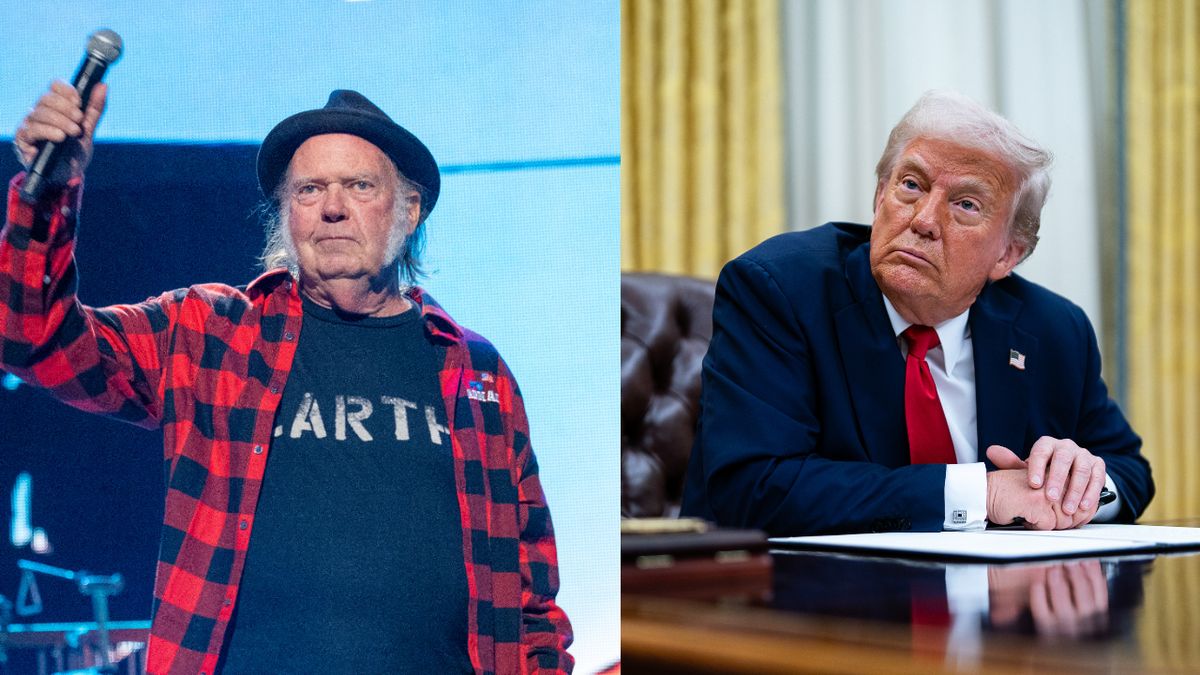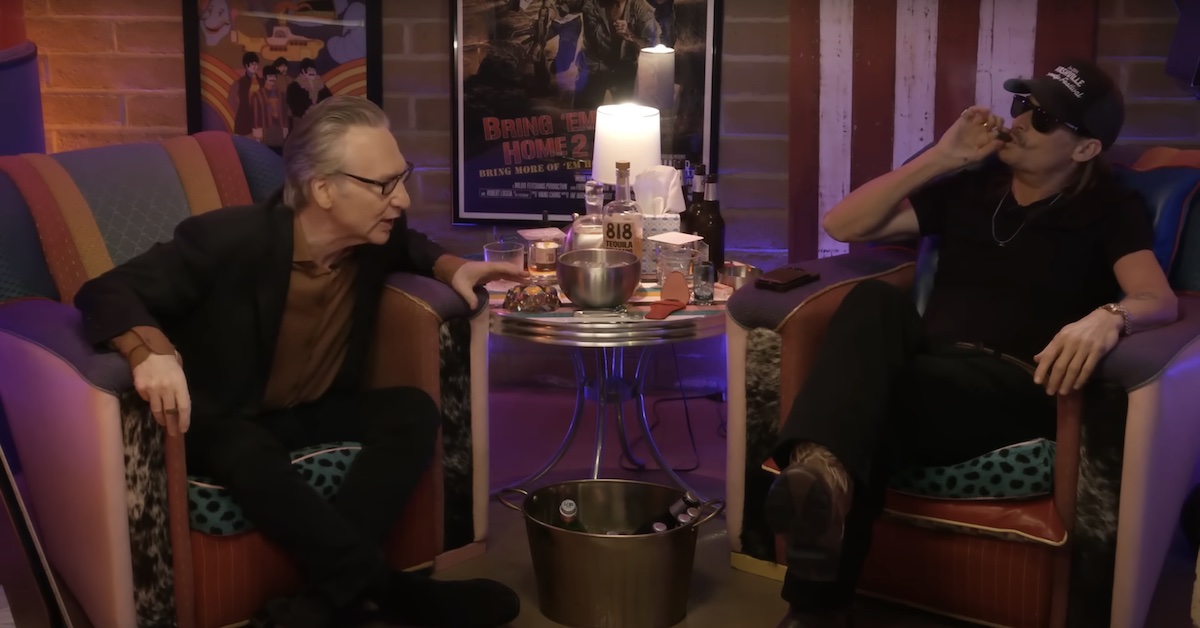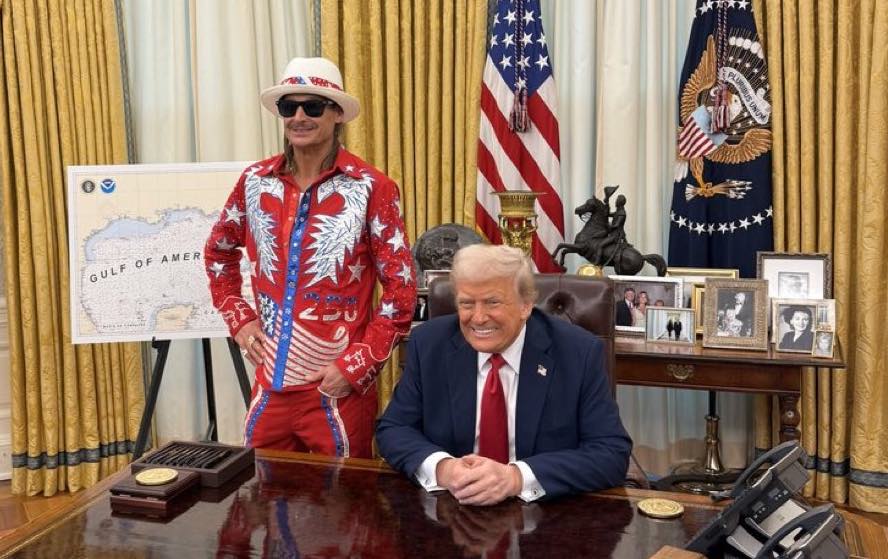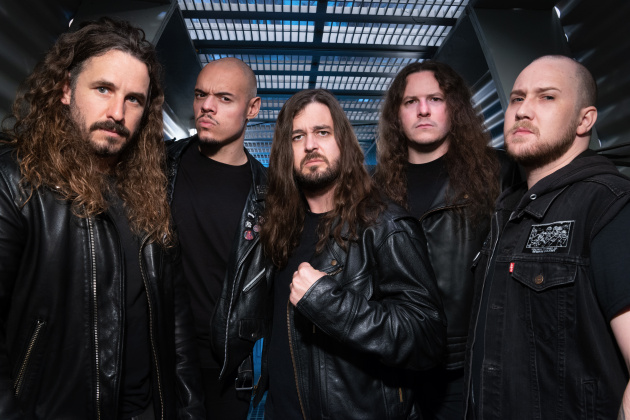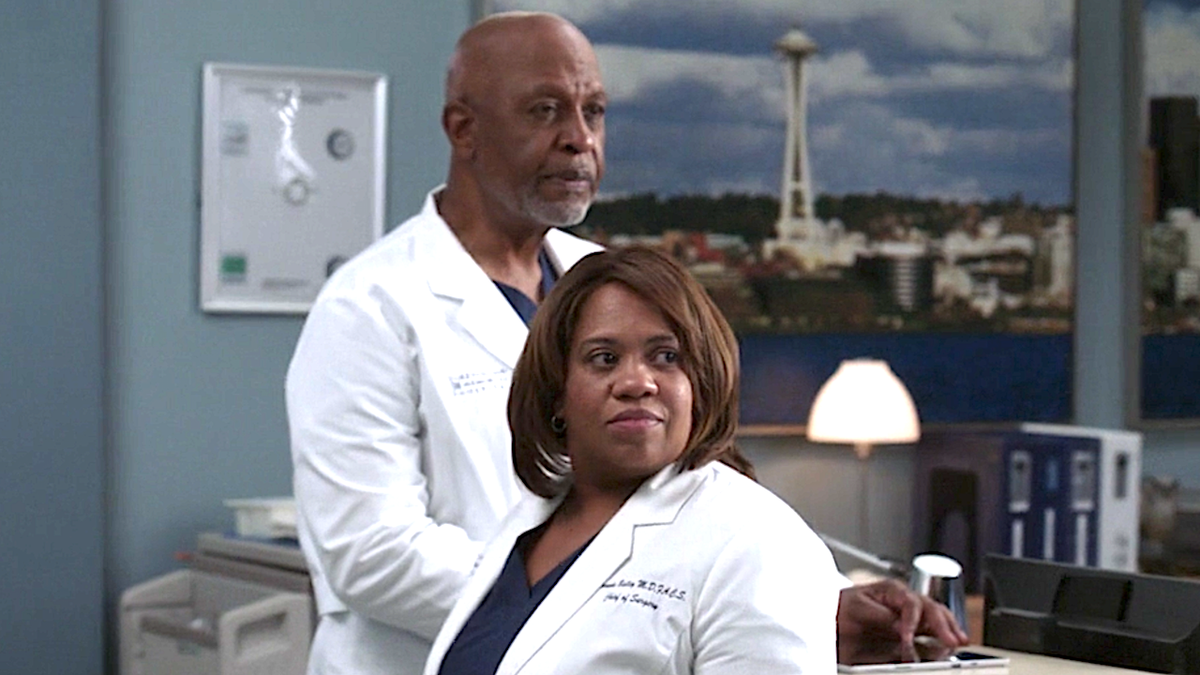
That’s The Price Of Loving Me (Carpark), Dean Wareham’s fourth solo album, marks the first time he’s worked with Shimmy Disc’s (Mark) Kramer in a legitimate production role since Galaxie 500’s brilliant 1990 finale, This Is Our Music. Their latest collaboration amounted to less than a week of recording in Los Angeles. And while the end result—with its complex chord progressions and distinct arrangements that recall everything from Serge Gainsbourg to Norma Tanega—would never be mistaken for Galaxie 500’s reverb-saturated lullabies, it’s still signature Wareham.
MAGNET’s Hobart Rowland caught up with Wareham on the eve of his European tour.
That’s The Price Of Loving Me was recorded in six days. What was it like working so quickly, and how did it affect the finished product?
Well, the songs were already written, and I’d made demos, so that helped. I was a lot more prepared for this than I was for the Galaxie 500 records, where I was often finishing lyrics at the last minute. I like working quickly. You can make a record fast or you can make it slow. You can sit around all day debating which guitar and amp to use for this song. You can play a guitar solo 20 times searching for perfection. But just like when we worked together all those years ago, Kramer only allowed me one or two takes of a guitar solo—and if I got lost for a moment, we didn’t fix it. We tracked five songs on day one and five songs on day two. Then we started on vocals and guitars and cellos and keyboards. I’m self-taught, of course. But I know how to generate interesting sounds, and I was there with trained musicians like Kramer and the cellist Gabe Noel (who played on four songs). So that’s a nice combo.
What was it like get back in the studio with Kramer after all these years?
We’d been talking about making a record for ages. During the pandemic, Kramer mixed a Dean & Britta (Wareham’s duo with wife/Luna bandmate Britta Phillips) song from his studio, and that got us talking seriously. He flew out here (to Los Angeles) from Asheville, N.C., and stayed in our spare bedroom. As I get older, it dawns on me that you have to seize the day—not just talk about it. One day, when I was feeling brave, I actually put down a deposit on studio time. At that point, it’s real. Every day, we drove to the studio together, worked a solid eight or nine hours, came home and had dinner. Kramer really took charge of the session. He was there as a producer, so you sort of have to trust him and see where it goes.
Kramer had you play all of the guitars on the album. Was it intimidating or liberating?
I played all the guitars on the Galaxie 500 records, too, so I knew it could be done. And there’s enough other instrumentation on the album, with Gabe playing cello and Kramer playing piano, electric piano, celeste, Moog and the Martin tiple, and Britta on bass and also adding her vocals.
What was the songwriting process like this time around, and how did it differ from 2021’s I Have Nothing To Say To The Mayor Of L.A.?
Every song is different, and sometimes a song is built on top of someone else’s song. For a couple of these, I took Serge Gainsbourg chord progressions—he was certainly not averse to borrowing—and wrote my own melody and lyrics. By the time I was done, it didn’t sound French at all. Some songs take 40 years to complete. For example, I read this Thomas Mann story Tonio Kröger when I was 17 years old, and I’ve returned to it periodically over the years. That was where the phrase “bourgeois manqué” comes from. When Tonio’s friend calls him that, she’s suggesting he’s an artist and a bourgeois and not quite satisfied as either. Something like that.
How do you see the material from the new album coming off in the live setting?
I can’t wait to play the new songs, but we won’t be attempting to replicate the album. You have to allow yourself to do something different onstage and figure out which songs work live. I have to play a lot of older songs, too. People don’t come just to hear the new album.
See Dean Wareham live.


